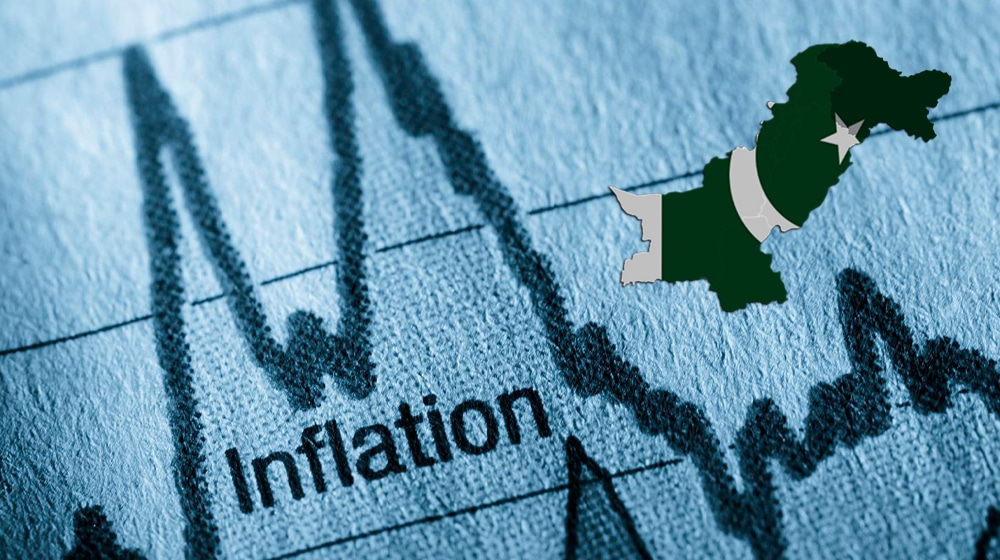The government expects inflationary pressure to calm down gradually due to flood-led damages which have disrupted the supply of essential items.
The Economic Advisor’s Wing (EAW) of the Ministry of Finance, in its Monthly Economic Update & Outlook for January, has forecasted CPI inflation on year-on-year (YoY) basis for January 2023 to be in the range of 24-26 percent.
The report noted that rising prices of onions and wheat both are the key factors responsible for affecting the general price level. International commodity prices are showing a downward trend on a YoY basis and its impact will ultimately be transmitted into domestic prices with some lags after adjusting the currency devaluation. While the government kept the administered prices at their current level to stabilize the overall prices but post floods persistent shortfall of essential crops is preventing inflation to settle down.
The State Bank of Pakistan is also enacting a contractionary monetary policy to contain inflationary pressure. However, a larger portion of volatility in the current price level is explained by supply-side factors. Further, the recent political and economic uncertainties both are causing inflationary expectations upward, the reported said.
Economic Activity
The report said that economic activity is following a lower growth path since the start of the current fiscal year (FY23). It said that the slowdown in global growth especially in main export markets along with the tight monetary policy stance by central banks (17 percent policy rate in January 2023) and low export growth also affected economic growth in Pakistan negatively.
Current Account Deficit
The current account balance slightly deteriorated in the month of December. This was mainly due to an increase in primary income payments and a decrease in remittances. It is expected that in January these payments would return to normal levels. Together with the expected improvement in the trade balance due to prudent government measures, the current account deficit may decline in January and stabilize during second half of FY23, the report said.
Tax Collection
The report said that despite massive import compression. The Federal Board of Revenue (FBR) tax collection has increased by more than 17 percent, yet it has registered a shortfall of Rs. 217 billion in the first half of the current fiscal year. In light of current global and domestic economic conditions, FBR is facing a difficult task in meeting the full-year target.
Challenges
The report said that Pakistan is currently confronted with the challenges like high inflation, low growth, and low levels of official foreign exchange reserves. Further month-on-month (MoM) increases in consumer prices may be countered by a further mean reverting international commodity prices and some exchange rate stability due to decreased pace of depreciation.
The overall money supply growth remains compatible with a return to low and stable inflation. But the outlook of M2 is broadly dependent on fiscal accounts which are under immense pressure on account of heavy interest payments and rehabilitation spending.
Note: The inflation expectations seem unrealistic considering the recent massive depreciation of the Pakistani Rupee (PKR) against the US Dollar (USD) which suggests that perhaps the report was compiled before last week’s record depreciation and the hike in prices of petroleum products.





















